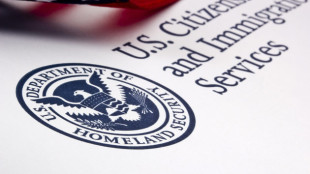The Public Charge and the Pandemic: What Happens When the Dust Settles?
(Source) On July 29th, the Southern District of New York (“Southern District”) enjoined the Department of Homeland Security (“DHS”) from enforcing, applying, or implementing the Trump Administration’s new public charge rule from taking effect during the COVID-19 national health emergency. Responding to the injunction, the U.S. Citizenship and Immigration Services (“USCIS”) stated that the 1999 public charge guidance will control the admissibility of immigrants on public charge grounds until the national health emergency ends. The concept of the public charge has been a part of the American immigration system since the late 1800s. It takes its origins from “poor laws,” which were designed to exclude foreign immigrants who would require public assistance. The modern understanding of what constitutes a public charge was formalized in 1999 to include immigrants who are “primarily dependent on the government for subsistence, as demonstrated by either the receipt of public cash assistance for income maintenance, or institutionalization for long-term care at government expense.” Traditionally, this meant that immigrants could not take advantage of monetizable programs, such as welfare. However, in 2019 the Trump Administration revised the public charge rule and expanded the rule’s impact by barring programs permitted by the 1999 guidance. This lowered the [read more]

